
Low-end Windows Phones succeed where high-end iPhones fail -- in Europe
Microsoft is going after Apple's number two spot in the European smartphone OS market as Windows Phone is steadily approaching iOS across five major local markets, according to a new report from research firm Kantar Worldpanel. Unsurprisingly, the dominant player is Google's Android, that has yet to show any noticeable signs of weakness against its less popular rivals.
In the five major European markets -- France, Germany, Italy, Spain and UK -- Android handsets accounted for 70.1 percent of all smartphones sold between June and August 2013. In second place is iOS with 16.1 percent market share, followed by Windows Phone with 9.2 percent market share. Compared to the same period, last year, iOS and Windows Phone grew by 14.18 and 80.39 percent, respectively. The latter of the two is growing much faster than its main rival, which could lead to a different hierarchy in little over a year, assuming the same growth rate is maintained.
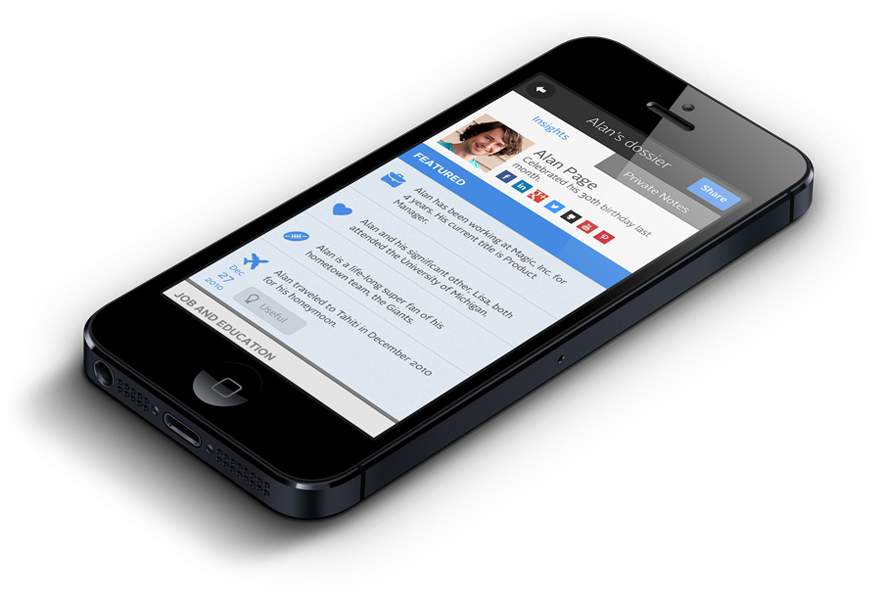
How I Refresh my memory
My friend Paul Tyma (ex-Google, creator of Mailinator, occasional stand-up comic) released a mobile product this week and one thing I find interesting is the difference between how he describes it and how I describe it.
Paul: "Let’s say you had an important meeting with someone you really want to impress. A smart person would probably spend a non-trivial amount of time scouring the Internet for information about that person. What are they tweeting about? If you’re LinkedIn to them, then go check out their LinkedIn profile. If you were really interested you might go look up their house on Zillow. Or see how their company’s stock price faired today on Yahoo Finance".

The most popular stories on BetaNews this past week -- September 22-28
Microsoft held an event in NYC to launch the Surface 2 and Brian was live-blogging. The full video of the launch is available to view online as are advertisements that show off the tablets' versatility. Microsoft is pinning a lot on the updated product after the first generation suffered from poor sales. There were no great new features, but there is a redesigned kickstand, a healthy speed boost, new dock and updated covers -- Brian was particularly impressed by the Blades.
Anyone buying a Surface 2 or Surface Pro 2 earns themselves a SkyDrive upgrade. Purchase a new device and your online storage gets upgraded to 200GB, but the same amount of space is available for $100 per year. Moving away from Surface-related news, Microsoft turned its guns on Google Docs, highlighting user complaints to demonstrate the superiority of Office 365.

Office of Fair Trading says games should not encourage in-app purchases by children
The Office of Fair Trading (OFT) is calling on the games industry to avoid pressuring children into making in-app purchases in games and potentially running up large bills. Back in April, an investigation began into the ways in which children are pressured into making in-app purchases. 38 web and app-based games thought to appeal to children were looked at, and the results of the investigation are available in the Children's Online Games report.
The OFT aimed to determine whether the way in-app purchases were presented could be considered "misleading, aggressive or otherwise unfair". As a result of the investigation, the OFT has drawn up a set of eight proposed principles that apps and games should follow. The principles include clearly and prominently informing app users about the potential for costs to be incurred through the app. It is suggested that users should be able to fully understand the current and future costs associated with any app they download.
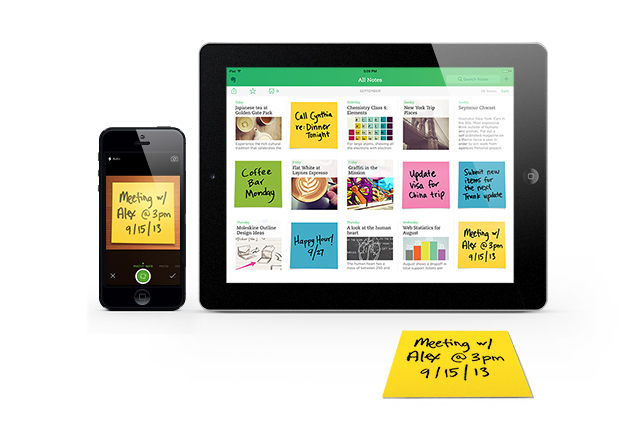
Evernote brings Post-it Notes to iOS 7
Some habits are hard to kick. Even though the world is trending towards a digital lifestyle, many business users still use Post-it Notes. I am guilty of using these low-tech pieces of paper daily. Sometimes, I need to quickly jot-down a note or phone number; a piece of paper can be faster than unlocking my smartphone or workstation. However, at the end of the day, I find my desk littered with these things. I have often wished for an easy way to transfer them to my computer.
Apparently, I am not alone as today, Evernote announces a partnership with Post-it which aims at organizing these notes. The company says, "for us at Evernote, Post-it Notes are a Hero Product. We strive for the sort of flexible, instantly-understandable usefulness that draws hundreds of millions of people to purchase Post-it brand products. There is one drawback. As ubiquitous as they are, they’re also, well, attached to stuff. That’s where Evernote comes in. Evernote is giving Post-it Notes a digital life and whole new set of tricks".

Twitter Alerts delivers the information you need in emergencies
Twitter announces details of its new Twitter Alerts service which will make it possible to disseminate information when other methods fail or when large groups of people need to be notified about something. What does this mean? In times of national emergency, crisis or natural disaster, Twitter Alerts could be used to provide details about what is happening and what steps are being taken by authorities.
In times of emergency, it is very common for people to turn to the internet. But as we know all too well, the internet is home to a wealth of misinformation so this could end up to be less helpful than it should be. A number of international organizations have already signed up to be part of Twitter Alerts including the American Red Cross, FEMA, the World Health Organization, and various police and fire departments. Other interested organizations are invited to take part.

Windows Phone is the least usable mobile OS in the world
The release of iOS 7 seems like as good a time as any to reassess the mobile operating system market, and this is precisely the thinking of Pfeiffer Consulting. The firm pitted Android, Blackberry 10, iOS 7, iOS 6 and Windows Phone 8 head to head (to head to head to head), comparing the aspects of the OS that have direct impact on user experience. Rated in four key areas, Windows Phone 8 came bottom of the list in terms of overall usability.
The results are quite damning. Looking at what the report terms "cognitive load" (how easy it is to pick up the OS), Windows Phone 8 actually fared well, receiving the same rating as iOS 7 and being praised for its "streamlined user interface". However the OS is criticized for reducing the overall user experience and efficiency.

Twitter updates @MagicRecs recommendation system for mobile users
Twitter is in the process of rolling out a new notification system designed to help users find interesting people to follow. It is not an entirely new system -- the micro blogging site is basing the feature on its @MagicRecs account, which started off as an experiment earlier in the year, making "magic recommendations" about who Twitter users might like to follow.
@MagicRecs monitors the activity of the people you follow and people in your network and sends out direct messages letting you know when several people you are connected to follow a particular user. The thinking is that if two or more people are interested in following someone else, there's a high chance that you will be too. In a blog post, Senior Software Engineer, Venu Satulur explains how the recommendation system has been tweaked and updated.

iPhone 5s Touch ID bypassed with a fake fingerprint
Just days after the launch of Apple's iPhone 5s, German security and privacy group Chaos Computer Club, claims to have found a way to bypass the Touch ID fingerprint reader. The group says that this demonstrates that "fingerprint biometrics is unsuitable as an access control method" but the "hack" is longwinded enough to mean that it is unlikely to be of concern to most people.
The Chaos Computer Club (CCC) goes as far as explaining precisely how it managed to bypass Touch ID using a fake fingerprint fabricated from a photo of a print.

The most popular stories on BetaNews this past week -- September 15-21
Apple stole the limelight from just about everyone else this week. The big news was, of course, the release of the iPhone 5c and iPhone 5s. Just about as soon as online orders opened up, delays in shipping started to lengthen; Joe was somewhat skeptical about the limited supplies.
Before the new hardware hit the stores, iOS 7 was released to mixed reviews -- I hated it, Wayne loved it. A couple of security holes were found in the operating system including one that allowed for Siri to be used to post messages and access phone details even on locked handsets. There was also a new iOS 7 inspired look for iCloud and the addition of a bookmark syncing option.
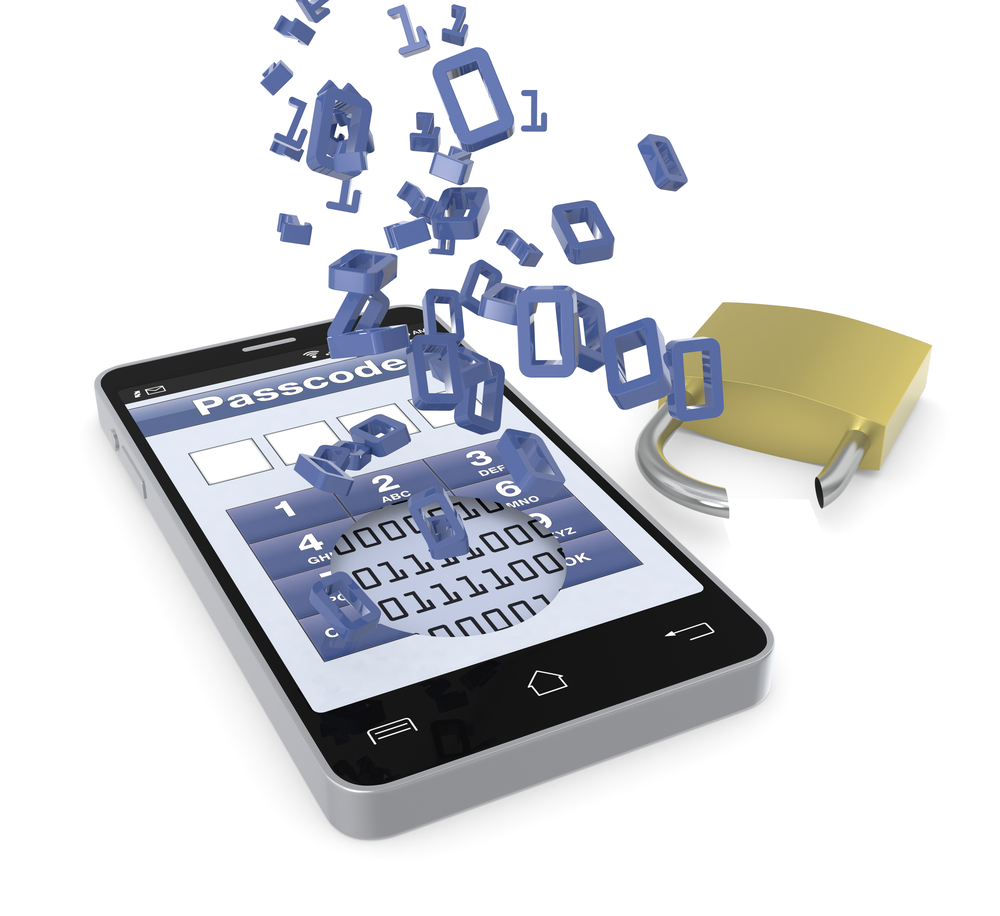
Siri security flaw leaves some locked iPhones open to abuse
The number of people who are running iOS 7, either by buying a new iPhone or by downloading the update from Apple, is high. Very high. But shortly after the excitement of the new operating system, a security flaw with Siri emerges -- and it's not one to be taken lightly. Security firm Cenzic reveals details of a vulnerability that enables anyone to bypass the lock screen of an iPhone using Siri.
The voice activated assistant is better known for providing answers to questions and allowing for hands-free operation of iPhones. But Cenzic researchers show that it can also be used for more sinister purposes. You would think that when your phone is locked it should not be possible to do anything, besides answering calls, until you unlock it.
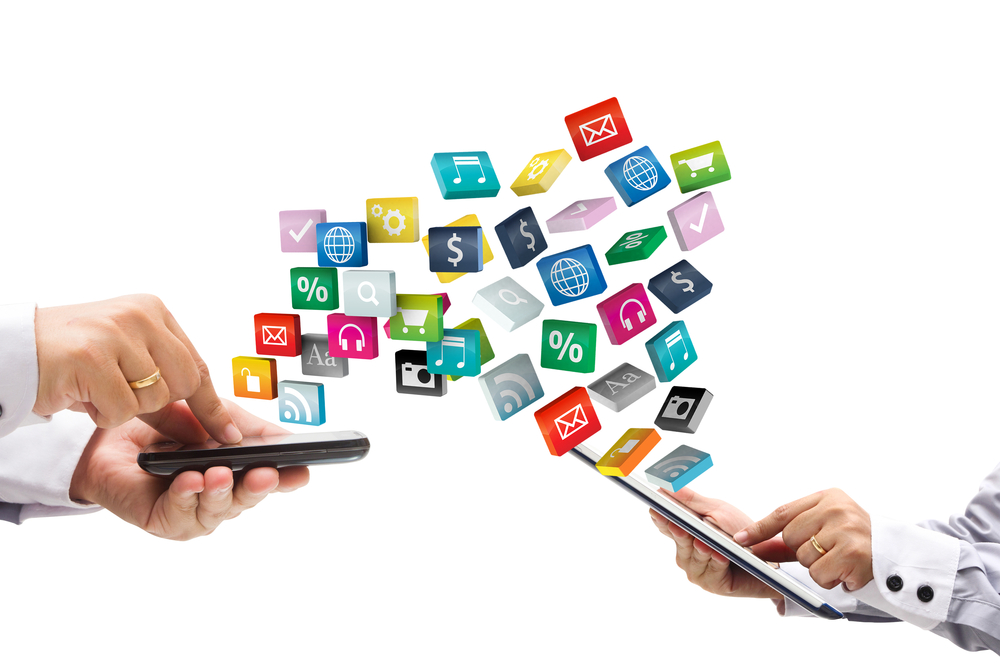
App downloads set to hit 102 billion in 2013 -- mostly all free
If you own a smartphone it’s likely you download apps for it, and given the proliferation of mobile devices, it’s not surprising that the volume of app downloads is continuing to rocket.
According to Gartner, mobile app stores will see annual downloads reach 102 billion in 2013, up from 64 billion in 2012, with free apps accounting for a whopping 91 percent of the total downloads this year.
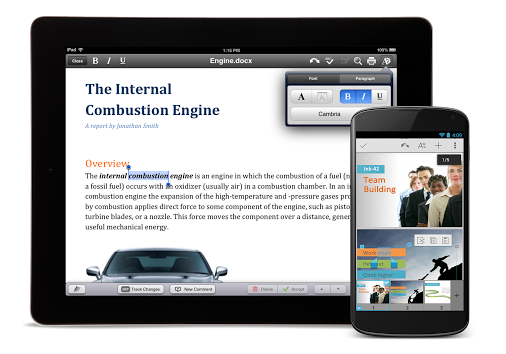
Google releases a refreshed Quickoffice for Android and iOS -- for free
When I bought the first-generation iPad in 2010, I intended to use it for taking notes in college classes. Unfortunately, the iPad didn't come with an office suite and Microsoft's was not available. And so, I was forced to try a bunch of alternatives. Ultimately, I found one that stood out among the rest -- Quickoffice. I found it to be complete and a pleasure to use.
While my iPad is long gone, Quickoffice has followed me to Android with great results. However, Google bought my beloved Quickoffice in June 2012 and I became very nervous. My concern was that the software development would cease under Google's leadership. I am happy to say that my concerns were for naught -- Google announces today that QuickOffice has been updated and is now free.
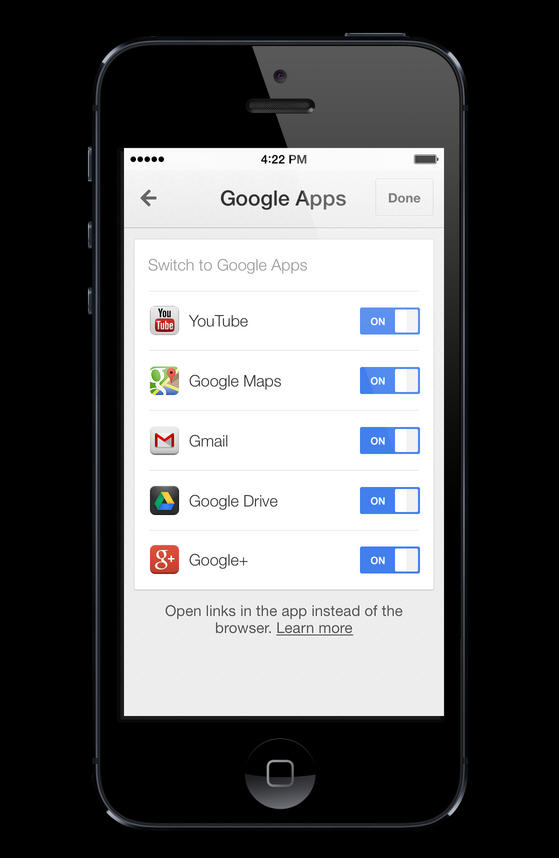
Chrome 30 for iOS improves Google App integration
Just in time for iOS 7, Google has announced the release of Chrome 30 for iOS. Or for iOS 6-7, anyway -- the search giant has shifted its minimum requirements, so anyone still on iOS 5.x is now out of luck.
If you missed the release of Chrome 29 -- hardly surprising, as it only appeared last week -- then that extended searching with what Google called "intelligent pronoun understanding". And basically this gives your searches some context, so if you ask "Who directed Star Wars?", then "Where was he born?", you’ll get sensible answers in each case.
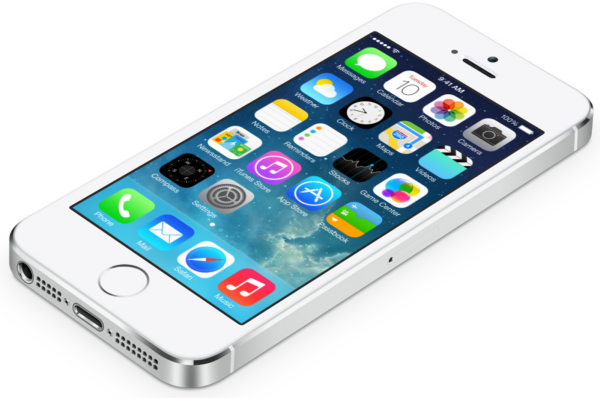
Update your iPhones and iPads! Apple releases iOS 7
Anyone who manages to get their hands on an iPhone 5c or iPhone 5s on Friday will find that it comes with iOS 7 pre-installed. But if you’re not planning on investing in new hardware, head over to Apple's update server right now and you can grab yourself an upgrade free of charge.
The OS revamp is available as of 10am PST / 6pm BST, and if you jump on the download straight away you may well find it a slow and frustrating experience as the world and its dog tries to do exactly the same. But hang on in there... it'll be worth the wait.
